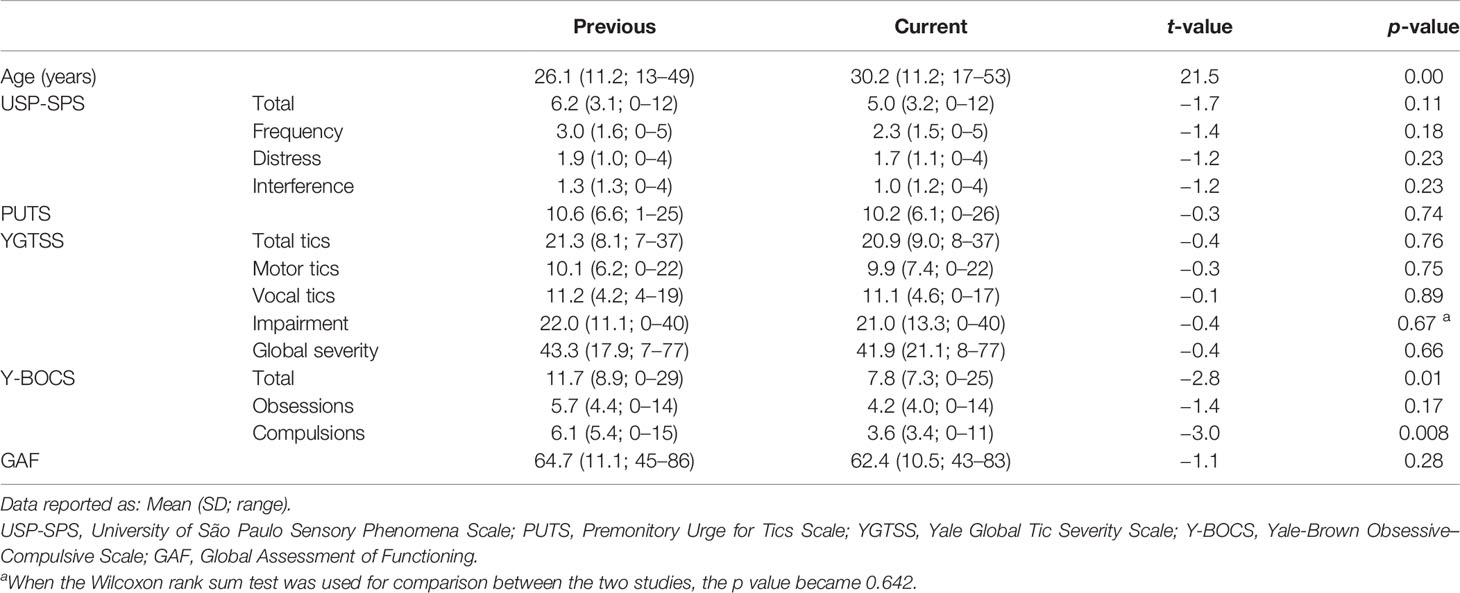
It is often much more difficult to speak out when it seems that everyone else in the group is on the same page. Illusions of unanimity lead members to believe that everyone is in agreement and feels the same way.Learn more about pneumonia causes, vaccines, management and prevention at cdc.Together we can decide how serious your illness is and what treatment is appropriate. If you feel sick enough to be considering an appointment, come in. When to be seenĪ lot of information about pneumonia can be confusing, but we’re here to help.

Antibiotics may be necessary, and plenty of rest and liquids are likely to be recommended.

Treatment of pneumonia varies on its type and severity, as well as a person’s other health issues. The process may include taking your temperature, listening to your lungs with a stethoscope, analyzing your sputum and performing a chest X-ray, blood test and CT scan. Pneumonia diagnosis and treatmentĪ clinical evaluation is necessary to diagnose pneumonia. Keep it clean: Properly washing your hands and disinfecting high-touch areas is important to keep pneumonia from spreading. Consider this one more reason to kick the habit. Smoking cessation: Smoking increases your risk for pneumonia because it compromises your lung tissue. For people over 65 and some other at-risk people, Pneumovax®23 also is available.īut remember: There are so many forms of pneumonia that you can’t consider yourself completely protected even after you’ve been vaccinated. Prevnar 13® is recommended for infants, young children, adults over 65 and some other people at risk for pneumococcal disease. There are also vaccines that protect against many types of pneumococcal bacteria. Vaccines: First off, getting the flu shot is key to preventing pneumonia. There are ways to lower your risk of getting pneumonia. People with diabetes, heart failure, COPD, chronic bronchitis, emphysema, cancer, AIDS or other conditions that compromise the immune system also are at greater risk. Who is at risk?Īnyone can get pneumonia, but young children and adults over 65 are more at risk. Other forms of pneumonia are less contagious to healthy individuals or not contagious at all. The flu is highly contagious and can be a precursor to pneumonia. When an infected person coughs or sneezes, droplets in the air can pass it on to others. Is pneumonia contagious?īacterial pneumonia and viral pneumonia are contagious. You should still take it seriously and get evaluated. It really just refers to a more mild case of pneumonia because you still feel able to perform your usual tasks. You may have heard the term walking pneumonia.


Pneumonia can be caused by bacteria, viruses or fungus. The simple definition of pneumonia is an infection of the lungs, but there’s much more to know.


 0 kommentar(er)
0 kommentar(er)
